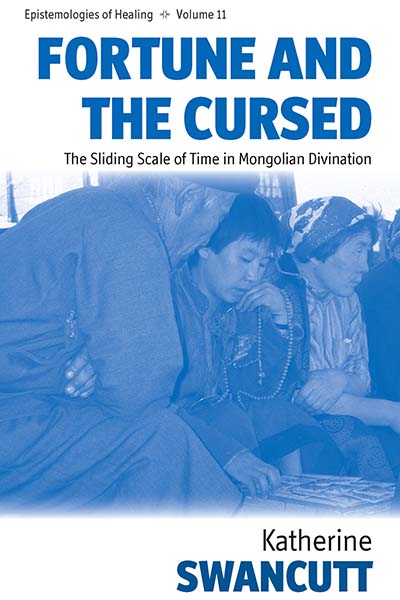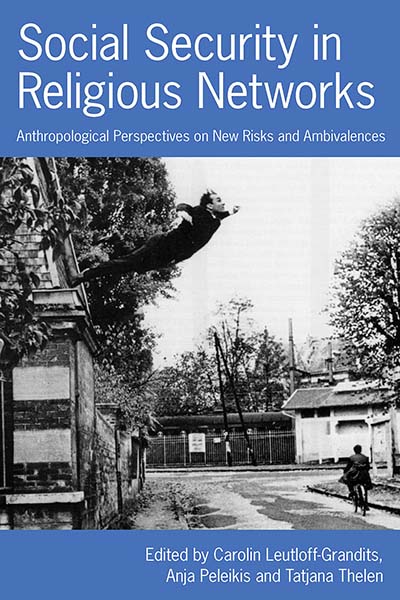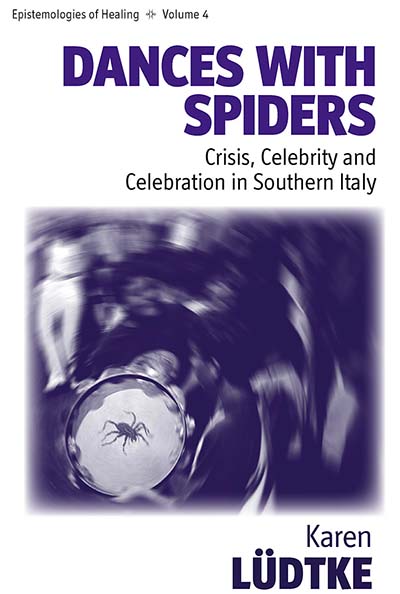
Series
Volume 11
Epistemologies of Healing
See Related
Anthropology JournalsEmail Newsletters
Sign up for our email newsletters to get customized updates on new Berghahn publications.
Fortune and the Cursed
The Sliding Scale of Time in Mongolian Divination
Katherine Swancutt
284 pages, 22 figs, 5 tables, bibliog., index
ISBN 978-0-85745-482-9 $135.00/£104.00 / Hb / Published (June 2012)
eISBN 978-1-80758-852-6 eBook
Reviews
“ [The author]has not only given us a remarkable record of a moment in the cultural history of one Mongolian society but some invaluable tools to rethink conventional concepts about religion, magic, culture, and change.” · Anthropology Review Database
“Alongside the captivatingly rich and detailed ethnographic portrayal, the refreshing scholarly analysis authoritatively examines many of the epistemological, ontological and ethical questions that the millennia-old and vital shamanic divination practices put to the human sciences and their modernist mode of inquiry and world view.” · René Devisch, Catholic University of Leuven
“…an important study of Mongolian magical innovations to change fortunes. Focusing on the temporal dimensions of magic, distinguishing the delayed effect from the immediate effect, Swancutt challenges numerous conventional anthropological ideas of magic.” · Uradyn E. Bulag, University of Cambridge
“[A] well mapped-out ethnographic background and a welcomed contextualisation of religious practices and local cosmologies, the author brilliantly brings alive the micropolitics of religious activity at the household level.” · Stéphane Gros, Center for Himalayan Studies, CNRS
Description
Innovation-making is a classic theme in anthropology that reveals how people fine-tune their ontologies, live in the world and conceive of it as they do. This ethnographic study is an entrance into the world of Buryat Mongol divination, where a group of cursed shamans undertake the ‘race against time’ to produce innovative remedies that will improve their fallen fortunes at an unconventional pace. Drawing on parallels between social anthropology and chaos theory, the author gives an in-depth account of how Buryat shamans and their notion of fortune operate as ‘strange attractors’ who propagate the ongoing process of innovation-making. With its view into this long-term ‘cursing war’ between two shamanic factions in a rural Mongolian district, and the comparative findings on cursing in rural China, this book is a needed resource for anyone with an interest in the anthropology of religion, shamanism, witchcraft and genealogical change.
Katherine Swancutt is a Research Fellow in Social Anthropology at the University of Oxford. She has carried out fieldwork on shamanic religion across Inner Asia, working among Buryats in northeast Mongolia and China since 1999, and among the Nuosu of Southwest China since 2007.




